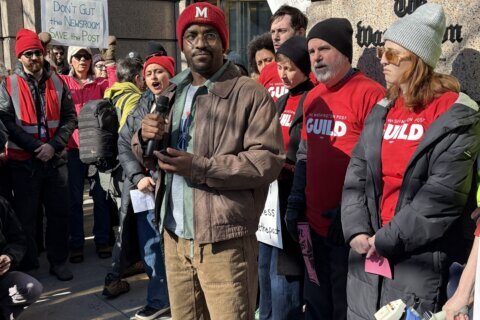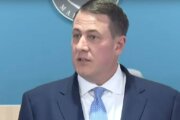A private pilot program in D.C. that gives residents a $5,500 one-time payment during the pandemic had substantially lowered mental health stressors and food insecurity, a new study finds.
The privately-funded THRIVE program transferred the payment in a lump sum or in monthly installments to households, with a goal to help stabilize families.
Many of the recipients were Black, low-income and headed by women. The money came with no strings attached, said Mary Bogle, a lead researcher with the Urban Institute, which conducted the study.
Participants told researchers they experienced a slew of benefits from the payout.
“The mental health and food insecurities effects were extraordinary,” Bogle said. “They had closed some disparities, which is hard to do. My reaction was cash works.”
Participants also reported feeling less worried about their children’s wellbeing after receiving the cash. They also felt better about their lives in general, outpacing other households.
“They had better mental health than people of any ethnicity who are low-income nationally and in D.C.,” Bogle said. “Only 30 percent of THRIVE participants reported feeling down or depressed, compared to 39 percent of people with low incomes who reported being down or depressed during the same time period.”
Bogle’s team tracked more than 500 THRIVE participants between July 2020 and July 2021.
She said the study shows that the cash was more effective and equitable than many of the nation’s safety net programs.
“[The US safety net] is very effective at addressing hardship,” Bogle said. “But, it doesn’t help people with much else. When you give people unrestricted cash, they make good choices for themselves.”







